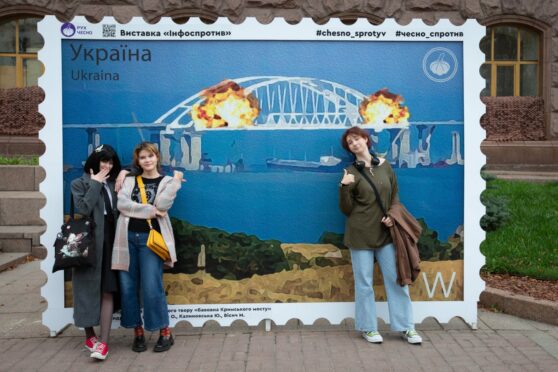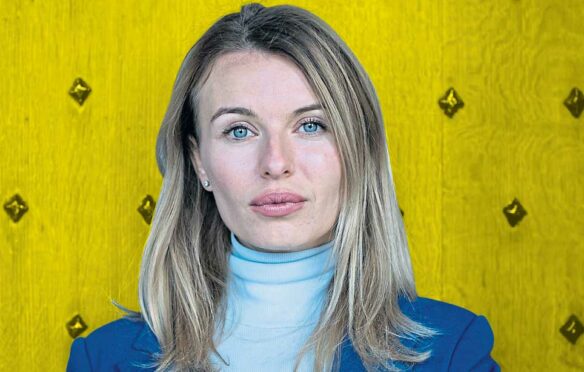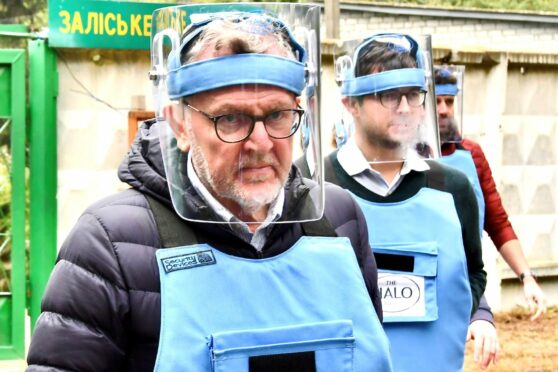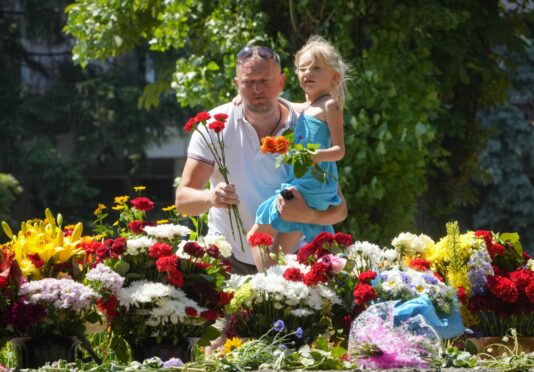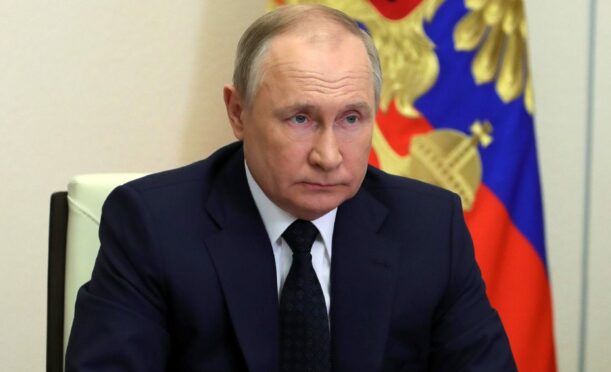
Vladimir Putin was visited by a thyroid cancer doctor 35 times at his Black Sea retreat and regularly takes steroids, according to documents published by an investigative website.
Yevgeny Selivanov, a Moscow specialist in thyroid cancer for the “elderly and senile”, flew out to Putin’s residence in the Black Sea resort of Sochi for a total of 166 days over four years, according to an investigation by Proekt, an independent Russian media outlet.
The claims will fuel speculation that Putin, 69, is battling illness. The Kremlin denies the Russian president has cancer. Proekt also claims that Putin has taken to bathing in blood extracted from severed deer antlers as an alternative therapy.
Clinics that sell antler baths claim the practice bestows various health benefits. Those benefits, according to a clinic in Siberia’s Altai Mountains, include “male potency”.
Proekt revealed Putin, who disappeared from public view for a month in September and who is apparently so concerned about catching Covid he met foreign leaders sitting at the far end of a long table, has a retinue of medical staff travelling with him.
The website claims Putin secretly underwent surgery last autumn. In medical circles, it said, it is believed that the president was undergoing a complicated procedure related to some kind of thyroid disease during this period.
Proekt reached that conclusion after examining government procurement documents, showing which doctors stayed in four hotels near Mr Putin’s residence between 2016 and 2020, when he was either visiting the city or had disappeared from public view.
During an eight-day period in 2017, the report said, six medics were in Sochi, including Selivanov and Alexey Shcheglov, an otolaryngologist – the term for a head-and-neck surgical specialist whose remit can include the thyroid.
The report added: “Putin has publicly demonstrated an interest in the problem of thyroid cancer.”

Enjoy the convenience of having The Sunday Post delivered as a digital ePaper straight to your smartphone, tablet or computer.
Subscribe for only £5.49 a month and enjoy all the benefits of the printed paper as a digital replica.
Subscribe
